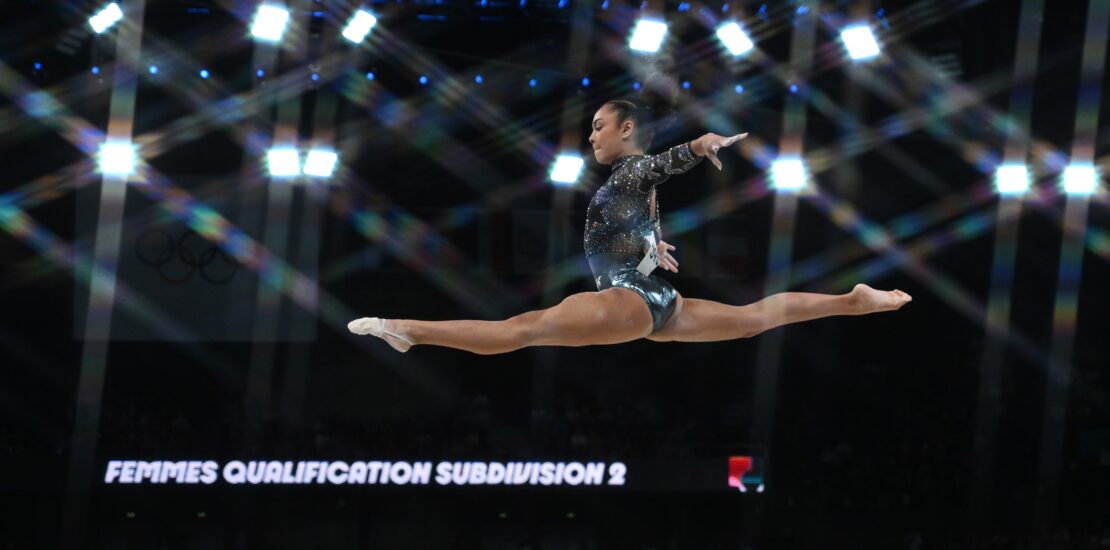- August 6, 2024
- Posted by: lutherpendragon
- Categories: insight, news

The Olympics have once again highlighted the unique emotional connection between the public and our sports stars, but as Senior Consultant Jonny Girling explains, greater interest brings greater scrutiny. Paris has continued the increasing trend of safeguarding issues being raised within sport, and it’s crucial for governing bodies to take that relationship into account when devising their communications strategies.
Each day, the Paris Olympics brings another heartwarming story of grit, determination and success. From the likes of St Lucia and Dominica claiming their first ever Olympic medals against all the odds, to British greats bowing out after building on the legacy of 2012, you can feel the emotion in the commentary teams and pundits through the television screen.
The outpouring of passion gives an insight to the unique emotional connection we – as supporters and observers – have to sportspeople and the teams they represent. It’s a recognition of the preparation and sacrifice that these athletes have put in over four, eight, or 12 years to get where they are today.
However, as we drive these athletes forward with our support, we must be aware of the volatile and sometimes destructive environment they operate in. The physical and mental demands mean these fierce competitors can be left vulnerable to those in positions of trust. It is the responsibility of governing bodies to keep our athletes safe.
Simone Biles, the gymnastics sensation who has transcended the sport, has spoken candidly about how the treatment and abuse she received from her former team doctor impacted her at the Tokyo Olympics in 2021. She talked of a system that ‘enabled him to perpetrate’ his abuse. Investigations since have continually shone a light on the deplorable behaviours of senior individuals in national and international sporting bodies.
It is barely possible to follow the trail of decisions that meant Australian coach, and convicted child sex offender, Brett Sutton, was able to be coaching a Swiss swimmer at Paris 2024. His accreditation came from the Chinese Olympic Association, and had to be approved by the International Olympic Committee (IOC), who in turn simply said it was a matter for the national Olympic committee that had accredited him. This raises serious questions around IOC safeguarding policies. The response by the IOC read: “while we have safeguarding measures in place unfortunately things do occur from time to time and we will look into this.” It suggests an organisation totally unprepared and hoping for the best.
The same criticism comes to mind over the decision by the Dutch Volleyball Federation and the country’s Olympic committee to allow convicted child sex offender, Steven van de Velde, to compete for the Dutch volleyball team. This has brought ire from support charities, and somehow seemingly caught the team by surprise.
Compare this to the IOC’s firm statement addressing criticism and ‘hate speech’ that has surrounded the women’s boxing tournament, which conveys an organisation with a clear stance and position, for which it should be praised.
Why does sport matter so much? The Paris Games have demonstrated how in the modern era, sporting organisations are facing greater scrutiny and public attention than ever before. We become almost possessive of our sport and the individuals within it. The communications strategy needs to take all of this into account.
Launching an investigation into Sutton, or shielding van de Velde away from reporters, may provide short-term relief. However, we’ve seen in similar issues in sport in recent years that these issues don’t go away. When it comes to safeguarding, sporting organisations have to be ready for, and know how to handle, issues which can fundamentally, even terminally, affect their long term reputations.
How can we help you?
Contact the Luther Pendragon team at enquiries@luther.co.uk
